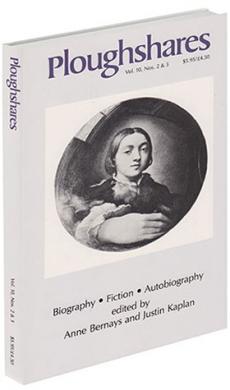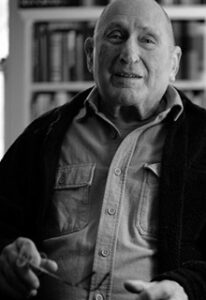Introduction
When we invited contributions for this issue we said that our theme was “the inter-relationship or overlap of autobiography, biography, and fiction.” We asked potential contributors to “think of the three genres as forming a triangle. We are looking for prose writing — fiction, essay, memoir, journal, etc. — that falls within this area.” We’ve chosen eighteen of the roughly one hundred manuscripts submitted.
More and more, biography and memoir writing has come to be considered, by readers as well as writers, a branch of literature rather than history, an experimental venture rather than a matter of dutiful record. Several of the non-fiction pieces here bear this out. Robert Rosenstone’s “Griffis in Fukui,” for example, uses some of the techniques of fiction and film, while Sissela Bok’s essay reinforces the point made by Northrop Frye and other critics, that verbal self-portraiture is a form of prose fiction. Similarly, some of the stories in this issue fall out of the straight fiction category and into something hard to define, a relatively new form. Jay Daly’s “Unity” takes a real person — Mrs. Walter Gropius — and puts her into a fictional situation. In Roberta Gordon’s story another Unity — the real — life Mitford sister who was Hitler’s girl friend — gives an account of herself that can only be called fictional.
We have included more humorous stories than are usually gathered together in one issue of a literary magazine. This reflects our preference; it also underscores our belief that humor is too often deliberately left out of so-called “serious” fiction, the writer mistakenly assuming that to inject humor is to demean art.
The journal fragments by Annie Dillard and Terri Butler are examples of the sort of loosely constructed record-keeping many writers practice in order to stay in shape. The line, in both these contributions, between self-consciousness and abandon, is fuzzy: you never can tell when someone may want to publish this stuff.

